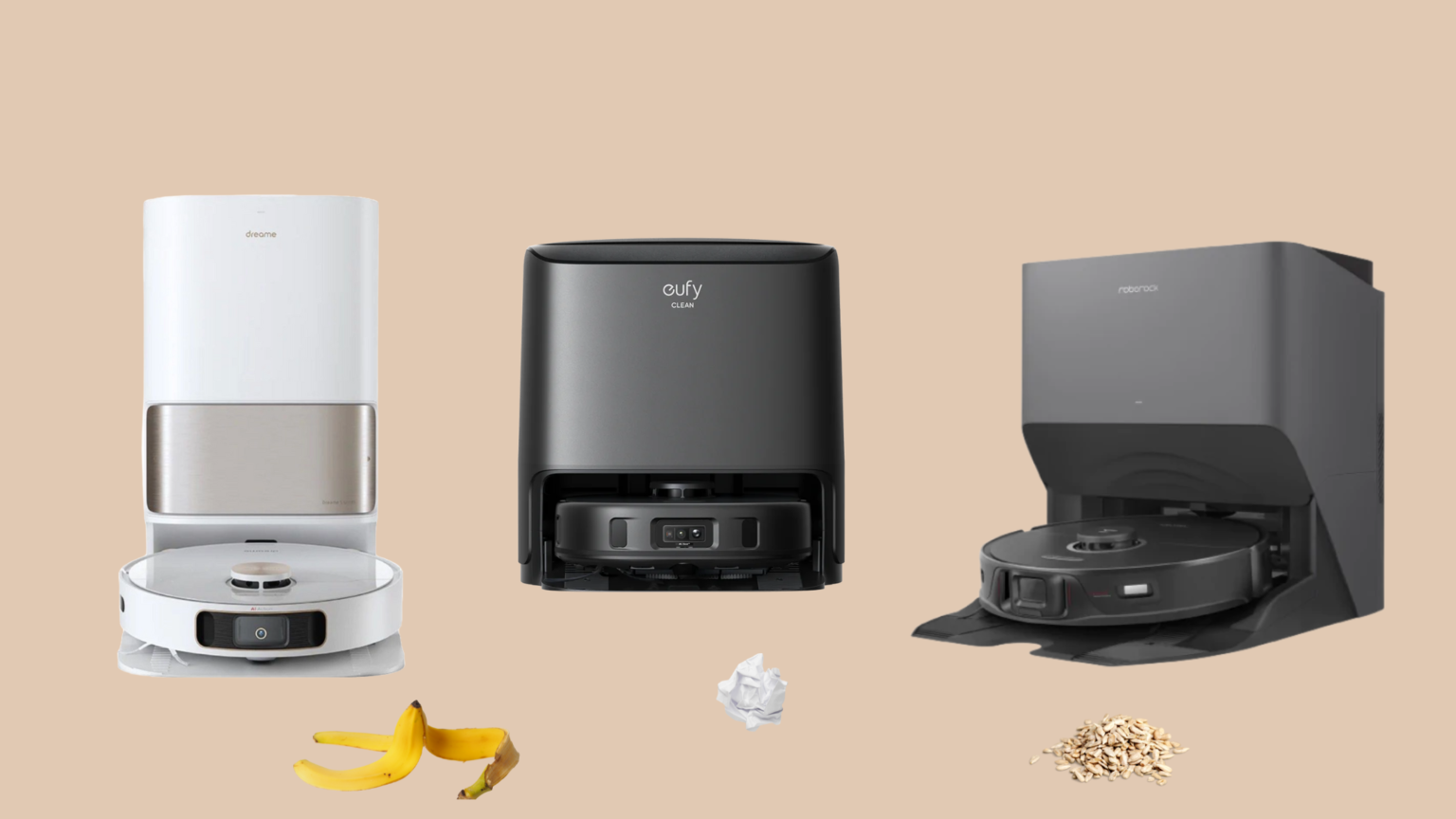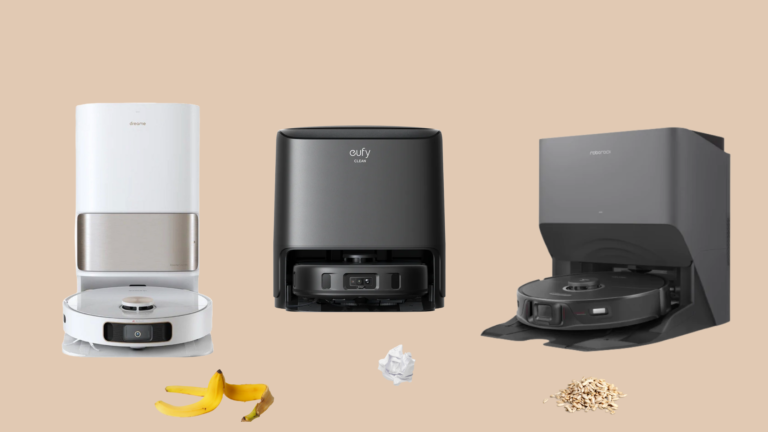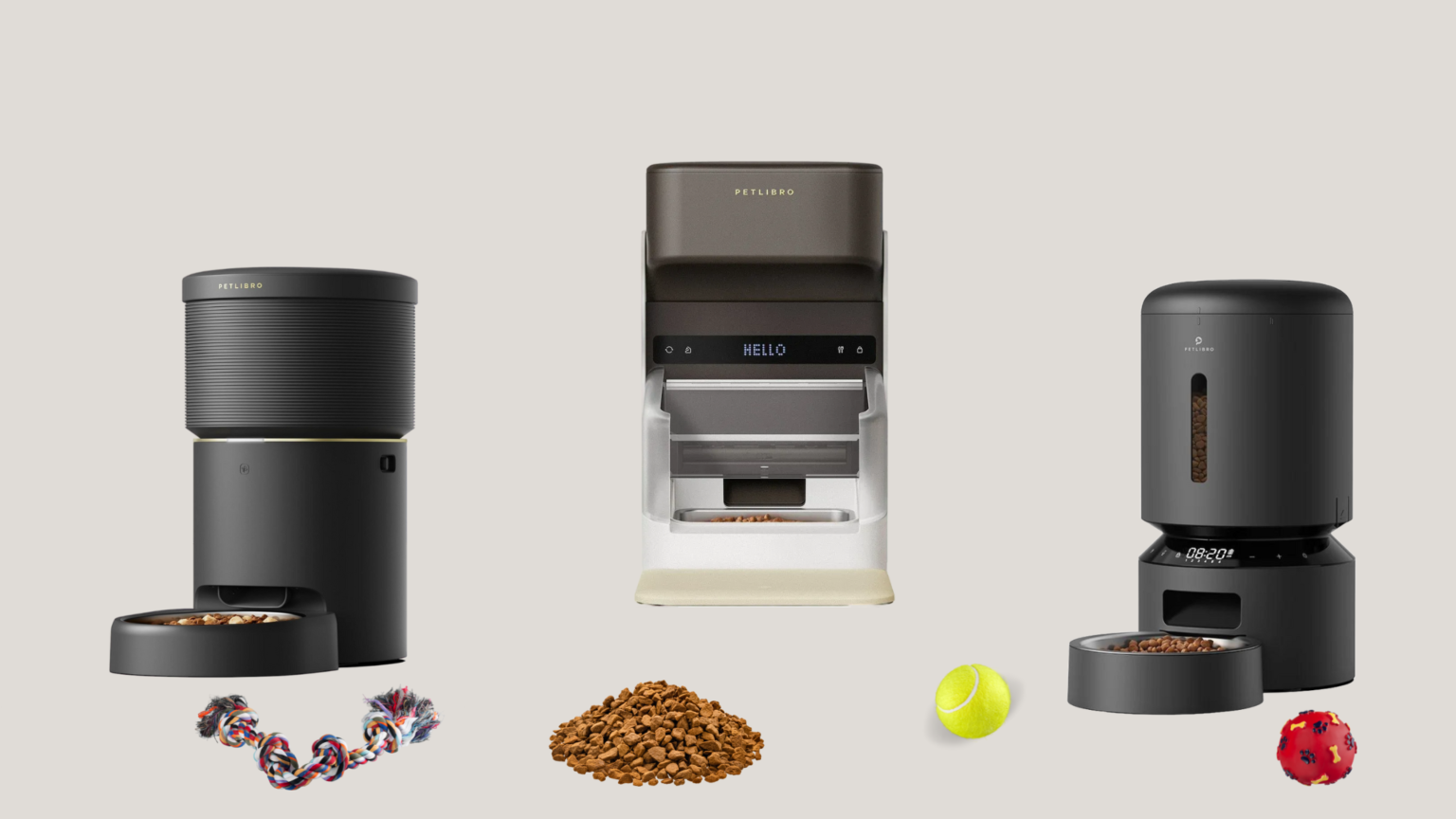The impact of smart technology has revolutionized the way we live, work, and interact with the world around us.
From smartphones and smart homes to artificial intelligence and the Internet of Things, these innovative technologies have become an integral part of our daily lives.
In this blog post, we will explore the profound impact of smart technologies and how they are reshaping various industries and enhancing our overall quality of life. Get ready to delve into the exciting realm of smart technologies and uncover the endless possibilities they offer.
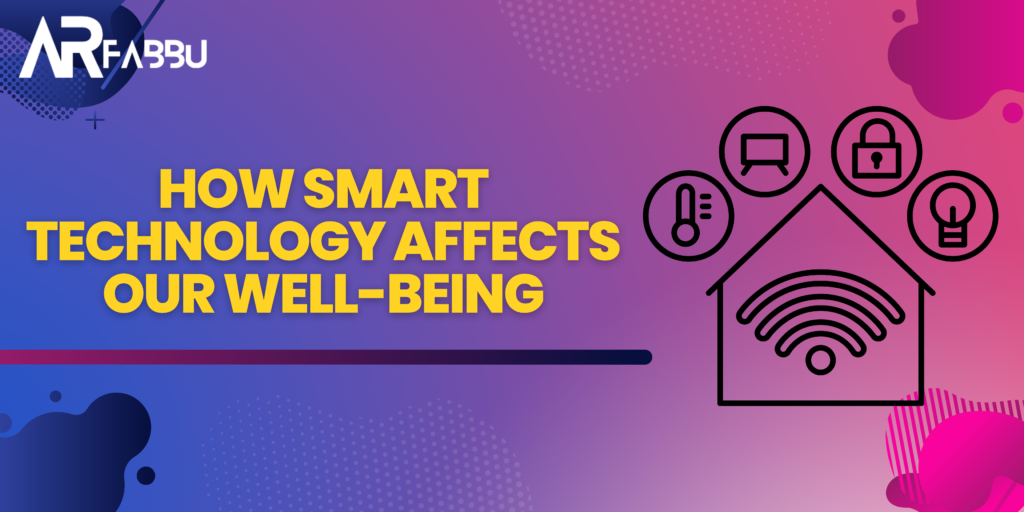
Understanding the Impact of Smart Technology
Smart technology refers to devices and systems that can collect, process, and analyze data, enabling them to make autonomous decisions or provide intelligent responses. These devices are interconnected through the internet, forming what is known as the Internet of Things (IoT). They can be controlled remotely or operate autonomously, making our lives more efficient and connected.
Positive Impacts on Well-being

Enhanced Communication and Connectivity
One of the most significant advantages on the impact of smart technology is its ability to enhance communication and connectivity. With instant messaging, video calls, and social media platforms, we can stay connected with friends and family across the globe. This level of connectivity fosters a sense of belonging and reduces feelings of isolation.
Simplified Daily Tasks and Productivity
The impact of Smart technology has automated many daily tasks, saving us time and effort. From automated home systems that regulate temperature and lighting to smart personal assistants that manage schedules, these technologies streamline our lives, promoting productivity and reducing stress.
Smart Homes and Comfort
The advent of smart homes has redefined the concept of comfort. With the ability to control appliances, lighting, and security systems remotely, smart homes provide convenience and a sense of security, contributing to overall well-being.
Negative Effects on Well-being

Mental Health and Screen Time
Excessive use of smart devices, particularly smartphones and social media, has been linked to mental health issues such as anxiety and depression. The constant barrage of information and the pressure to stay connected can lead to stress and burnout.
Privacy and Security Concerns
The interconnected nature of smart technology raises concerns about data privacy and security. Hacking and unauthorized access to personal information can lead to identity theft and breaches of privacy, causing emotional distress and a sense of vulnerability.
Dependency on Technology
Overreliance on smart technology can lead to dependency, affecting our problem-solving abilities and critical thinking skills. Additionally, technology addiction can hinder our ability to engage in real-world social interactions, leading to feelings of isolation.
Impacts on Social Well-being
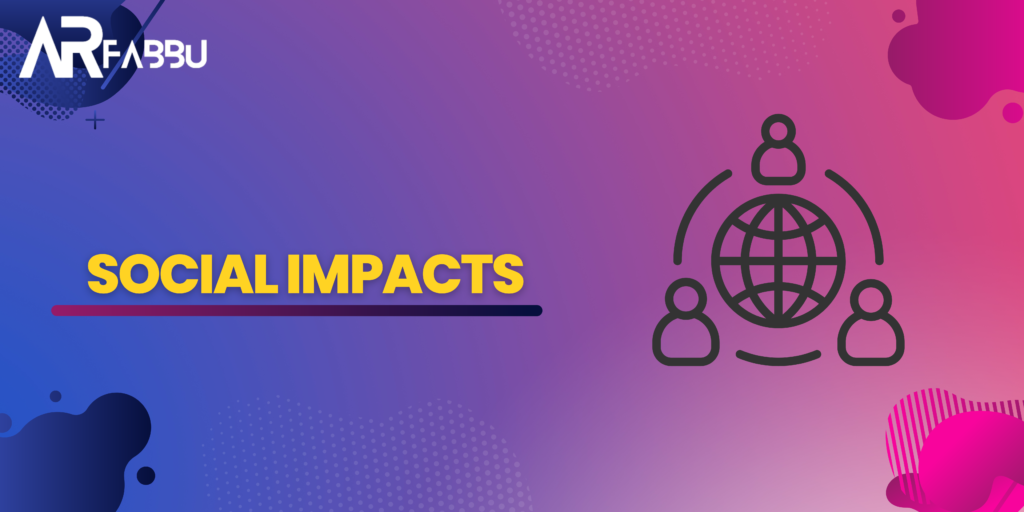
Social Media and Isolation
While social media connects people globally, it can also lead to feelings of isolation and loneliness. The carefully curated online personas may not accurately reflect real-life experiences, leading to social comparison and a sense of inadequacy.
Social Skills and Interpersonal Relationships
Excessive reliance on digital communication can impact social skills and face-to-face interactions. Encouraging in-person meetings and conversations can help strengthen interpersonal relationships and improve social well-being.
Online Communities and Support
On the flip side, smart technology has facilitated the creation of online communities that offer support and camaraderie. These platforms can be especially beneficial for individuals facing challenges or seeking like-minded individuals.
The Influence of Smart Technology on Physical Health
Impact on Sleep Patterns
The use of smart devices before bedtime, with their blue light emission, can disrupt sleep patterns. Creating a technology-free bedtime routine can promote better sleep quality and overall well-being.
Ergonomics and Posture
Prolonged use of smart devices, especially in poor ergonomic positions, can lead to musculoskeletal issues. Being mindful of posture and taking regular breaks can prevent discomfort and pain.
Blue Light and Eye Strain
Smart devices emit blue light, which can cause eye strain and fatigue. Reducing screen time and using blue light filters can alleviate these issues and promote healthier eyesight.
Smart Technology in Education and Learning
E-Learning and Accessibility
Smart technology has revolutionized education by enabling e-learning platforms that offer flexible and accessible learning opportunities. This inclusivity allows individuals from diverse backgrounds to access quality education.
Personalized Learning Experience
Smart technology can adapt to individual learning styles and pace, providing personalized learning experiences. This approach fosters engagement and motivation, enhancing the overall learning process.
Gamification and Engagement
Gamification elements in educational apps and platforms make learning fun and interactive. By incorporating game-like features, smart technology enhances student engagement and knowledge retention.
View more smart technologies: click here



